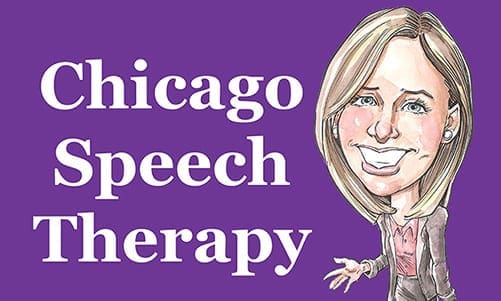The almighty “binky” – it is something that has saved mothers from colicky babies, restless infants, and just plain tired parents looking for one moment of rest. It is strange to think that this tool could actually be doing more harm than good; the truth of the matter is that the advantages and disadvantages differ for each child.
Advantages of the Pacifier
The pacifier has been known to calm babies and provide comfort through sucking. Sucking is an oral motor function necessary for feeding. Premature babies have had great success with pacifiers to increase their feeding and weight gain. Pacifiers can prevent children from thumb-sucking. Some studies suggest that the use of a pacifier decreases the chance of SIDS (Sudden Infant Death Syndrome), although it has not been proven.
Disadvantages of the Pacifier
Until a steady feeding regiment has been created, pacifiers can alter the success of breast feeding and bottle feeding. It is important to master these first before using a pacifier; it’s suggested to wait one month before implementing the pacifier, so a healthy feeding process can be developed. Pacifiers have been known to alter tongue and teeth positioning. These slight alterations may change the way a child is able to make sounds and form words, thereby delaying their speech development.
Weaning Your Child Off the Pacifier
Some parents don’t have a single problem weaning their child off of pacifiers. In fact, many parents claim their children make the decision to stop using it; which may be their first time making a decision and directly growing from it. Then there is the flip side of the issue, when parents could spend months or even years trying to get their child “off the binky.” Predicting how your child will react is impossible. Therefore you should use the pacifier with caution.
Don’t force your child to use the pacifier. If it happens to work to calm your child, then great, but try to use it sparingly, only to calm him or her enough to sleep. It is a good idea to pair the pacifier with a blanket or something soft. This will help later on when weaning may become necessary. When your child becomes upset, try to give them the soft item and see if this doesn’t provide relief. Some children find other ways to calm down without a pacifier, although not all are the healthiest. Thumb sucking includes the same risks pacifiers have when it comes to language and dental development.
To find the most up to date information on pacifiers and speech delay, consult a speech language pathologist. Speech-language pathologists have extensive experience helping families who have needed therapy, and would be the best resource for treatment and prevention tips to ensure your child can avoid any delays.


